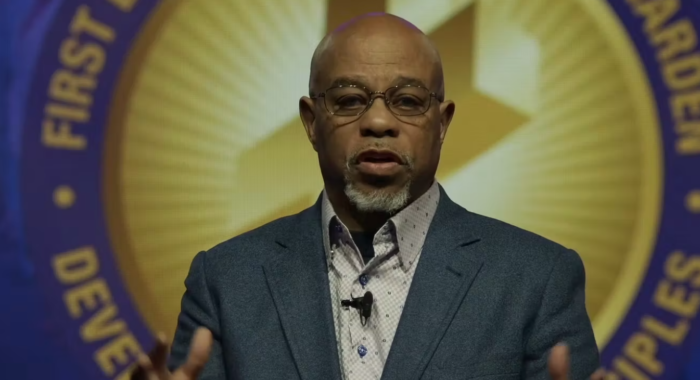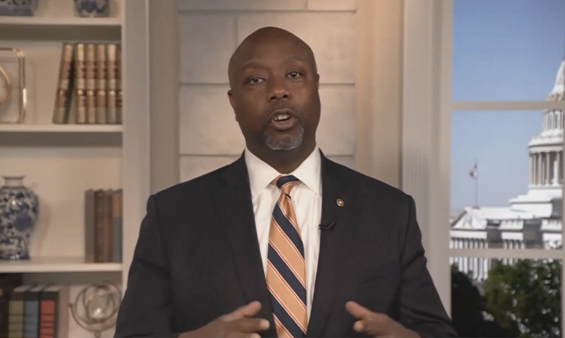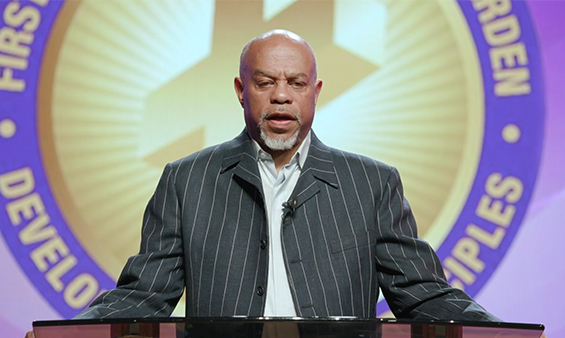Throughout its history, the National Association of Evangelicals (NAE) has called for improved race relations in both church and society. Based on a 1956 resolution, NAE judged racial discrimination as a violation of the teachings of Christ and has consistently supported the struggle for civil rights of racial minorities (see resolutions of 1964 and 1965). While urging evangelical Christians to support civil legislation that would promote equal opportunity for all Americans, NAE admonished member denominations and churches to “accelerate the desegregation of their own institutions both in spirit and practice and the opening of the doors of all sanctuaries of worship to every person, regardless of race or national origin.”
However, beyond these public pronouncements, the evangelical community needs to do substantially more to address the insidious sin of racism. Recent distressing manifestations of racism in our nation should be of deep concern to all who are committed to the gospel of Christ, which transcends barriers of race and social class (1 Corinthians 12:13). Failure to reach out to all races constitutes a rejection of God’s will and brings scandal to the very gospel we profess to proclaim (2 Corinthians 5:18-20). At this time, we especially need to reach out to encourage economic opportunity and equal treatment in our criminal justice system.
The deep roots of racism in American history and culture suggest that the road toward better race relations, to righting the wrongs of the past, is a long one. But it is a road, nonetheless, that NAE and its member denominations and churches must willingly travel in obedience to God’s Word. As one step, we commit ourselves to take with utmost seriousness the current NAE dialogue with leaders of the National Black Evangelical Association (NBEA). We give thanks to God for the mutual understanding that has been growing through joint interaction of our Social Action Commissions.
Practical expressions of our commitment include praying and working together with NBEA to encourage local churches to reject de facto segregation; encouraging partnerships between black and white churches to plant churches in urban America; working aggressively to remove all barriers to Christian fellowship and communion; affirming biblical norms in race relations in churches and communities; challenging schools, colleges, universities and seminaries to provide caring and loving environments for students of various races or economic classes.
NAE further encourages better relationships with denominations and congregations that minister in the black community. For example, we can join hands in joint ministry projects, including pulpit exchanges, family retreats, youth groups, counseling services, adoption services, Christian schools and prison ministries. We can also join hands in ministries of mercy toward the homeless, unwed mothers and individuals with AIDS.
NAE also challenges ministers to take greater care in preaching “the whole counsel of God,” particularly as it relates to the sin of racism. Congregations need to be confronted with the reality that salvation is not based on social condition, class, race or national origin, but solely on the grace of God. If Christians take seriously the doctrine of salvation by grace, they must demonstrate that fundamental principle in dealings with others.
Because racial attitudes are profoundly shaped in the home, NAE encourages Christian parents to give careful attention to the attitudes they model and teach to their children. In raising children in the nurture and admonition of the Lord, parents need to foster a biblical respect for all people, regardless of race or economic condition, as men and women created in the image of God.
Finally, the NAE staff, Executive Committee and Board of Administration resolve to contribute to improved race relations through appointments, programs, publications and employment practices.



 View All Updates
View All Updates 




























